Discover The Twenty Minute VC (20VC): Venture Capital | Startup Funding | The Pitch
The Twenty Minute VC (20VC): Venture Capital | Startup Funding | The Pitch

The Twenty Minute VC (20VC): Venture Capital | Startup Funding | The Pitch
Author: Harry Stebbings
Subscribed: 11,615Played: 363,667Subscribe
Share
© 2015 The Twenty Minute VC
Description
The Twenty Minute VC (20VC) interviews the world's greatest venture capitalists with prior guests including Sequoia's Doug Leone and Benchmark's Bill Gurley. Once per week, 20VC Host, Harry Stebbings is also joined by one of the great founders of our time with prior founder episodes from Spotify's Daniel Ek, Linkedin's Reid Hoffman, and Snowflake's Frank Slootman.
If you would like to see more of The Twenty Minute VC (20VC), head to www.20vc.com for more information on the podcast, show notes, resources and more.
If you would like to see more of The Twenty Minute VC (20VC), head to www.20vc.com for more information on the podcast, show notes, resources and more.
1391 Episodes
Reverse
Tarek Mansour is the Co-Founder and CEO @ Kalshi, the leader in the world of prediction markets. Just last week, they announced their $1BN raise at an $11BN valuation. In total, they have raised $1.59BN from some of the best, including Sequoia, a16z, General Catalyst, IVP, Meritech, and more. They also last week announced exclusive partnerships with CNN and CNBC, marking their move into mainstream media and news. AGENDA: 03:28 Why Did Kalshi Need to Raise $1BN 10:35 Why is Kalshi vs Polymarket Such a Fierce Rivalry? 20:44 The Future of Prediction Markets 25:09 Why Does Kalshi Partner with CNN When They Could Replace Them? 26:27 Why Did Tarek Fight For the Rights of his Early Investors So Much? 27:25 What Makes Alfred Lin The Best? 29:19 Does Having Sequoia as an Investor Change the Game? 36:58 Are Teenage Founders Today Emotionally Ready to Lead Companies 38:30 Quick Fire Round: Celebrity Investors, Relationships with Parents
Bending Spoons is the acquisition machine of the tech world. They have acquired the likes of Evernote, Vimeo, Eventbrite, Streamyard and more. However, they never open their gates to the secrets behind Evernote's product machine. Today that changes with Federico Simionato joining 20Product. Fede has been a Product Lead at Bending Spoons for 8 years where he has led product teams at Evernote, WeTransfer and more. AGENDA: 03:02 From Dentist Games to $11BN Bending Spoons 04:54 Advice for Aspiring Product Managers 05:38 Building a Coveted Brand at Bending Spoons 07:43 Evaluating and Testing New Product Ideas 13:35 How Evernote has Mastered User Retention 25:24 The Impact of AI on Product Design and Prototyping 31:19 How Bending Spoons Does Product Launches and Lessons Learned 33:27 How Every Product Team Should Do Monthly Updates to Users 36:38 Recording and Transparency in Updates 38:06 Lessons from Failed Product Launches 45:14 Structuring Teams and Acquisitions 47:12 Monetization Strategies and Push Notifications 57:21 Quick Fire Round: Insights and Reflections
AGENDA: 04:20 Thrive and OpenAI Partnership 07:14 Databricks Raising $5BN at $134BN Valuation: Cheap or Not? 17:39 Eventbrite Acquired by Bending Spoons for $500M 21:39 Pagerduty's $1BN Market Cap, Just 2x Revenue 26:59 The TAM Trap: Why SaaS Is Like Japan 37:42 Lessons from Companies Hitting $100M ARR 44:57 The Future of Labour Markets is F****** 52:10 The Importance of Compounding in Investments 56:45 The Relevance Game in Venture Capital 01:05:01 Supabase at $5BN or Lovable at $6BN: Which One?
Jonathan Siddharth is Founder and CEO of Turing, one of the fastest-growing AI companies advancing frontier models. Jonathan has led the company to an astonishing $300M ARR with just $225M raised and a profitable company. A Stanford-trained AI scientist, Jonathan previously helped pioneer natural language search at Powerset, which was acquired by Microsoft. AGENDA: 03:35 Data, Compute, Algorithms: What is Most Abundant? What is Lacking Most? 09:18 What Does No One Know About AI's Data Requirements That Everyone Should? 17:05 The Biggest Challenges Enterprises Have with AI Adoption 20:38 Why Will 99% of Knowledge Work Will be Gone in 10 Years 27:12 How Will Data-Driven Feedback Loops Replace Technology as the Moat 36:08 Who Wins the Data Labelling Market? Who Loses? 38:23 Is Revenue BS in Data Labelling? Are Players Calling GMV Revenue? 45:20 Why is SaaS Dead in a World of AI? 51:23 Will the Phone be the Primary User Interface to an AI World? 57:07 Quickfire Round
John McMahon is widely regarded as one of the greatest enterprise-software sales leaders of all time. He's the only person to have served as Chief Revenue Officer at five public software companies: PTC, GeoTel, Ariba, BladeLogic and BMC Software. He helped scale BladeLogic from a startup into a public company — ultimately leading to its ~$880M sale to BMC — and drove GeoTel into a multi-billion dollar acquisition. Today he sits on the boards of top names such as Snowflake and MongoDB, while also mentoring and influencing a who's-who of modern SaaS sales leaders. AGENDA: 03:33 The Art and Science of Sales: Insights from a Veteran 04:29 Adapting Sales Strategies in the Age of AI and PLG 07:47 The Ultimate Framework to do Deal Qualification 14:13 How to Drive Urgency and Maintain Sales Process 20:06 How to Hire the Best Sales Reps 25:11 Step-by-Step Guide to Training Sales Reps 45:22 The Mindset of the Best Sales Reps 54:55 Single Most Important Skill to Win in Sales
AGENDA: 04:06 Anthropic's $30BN Investment from Microsoft and NVIDIA 07:01 Google vs. OpenAI: Sam Altman's "War Mode" Memo 15:27 NVIDIA's Customer Concentration: Bull or Bear 22:12 Is "War Mode" BS: Does Hyper-Aggressive Ever Work? 36:12 Sierra Hits $100M ARR: Justify $10BN Price? 46:14 Implementation is the Biggest Barrier to Enterprise AI Growth 01:04:04 Is LLM Search Optimisation (GEO) Selling Snake Oil? What AI is a Fraud vs Real? 01:14:27 Figma Market Cap: Is the IPO Market F****** for 2026
Maor Shlomo is the Founder and CEO of Base44, the AI building platform that Maor built from idea to $80M acquisition by Wix, in just 8 months. Today the company serves millions of users and will hit $50M ARR by the end of the year. Before Base44, Maor was the Co-Founder and CTO of Explorium. AGENDA: 00:05 – 00:10: How Vibe Coding is Going to Kill Salesforce and SaaS 00:13 – 00:15: Do Vibe Coding platforms have any defensibility? 00:22 – 00:24: I am not worried about Replit and Lovable, I am worried about Google… 00:28 – 00:29: Margins do not matter, the price of the models will go to zero 00:31 – 00:32: Speed to copy has never been lower; has the technical moat been eroded? 00:47 – 00:48: How does Base44 beat Cursor? 00:56 – 00:57: Do not pay attention to competition: focus on your business 00:57 – 00:58: How Base44 is helped, not hurt by not being in Silicon Valley? 00:58 – 00:59: What percent of code will be written by AI in 12 months? 01:01 – 01:02: OpenAI or Anthropic: Why Maor is Long Anthropic? 01:03 – 01:04: If I could have any board member in the world it would be Jack Dorsey
Max Altman is Co‑Founder & Managing Partner at Saga Ventures, a US$125 M early‑stage fund. Before Saga Max was an investor with Apollo Projects, Hydrazine Capital and Altman Capital (where he helped deploy over US$500 M) into breakout names such as Rippling and Reddit. AGENDA: 03:55 – Venture Capital Is FULL of Tourists With Single-Digit IQs 06:20 – Inside the Madness of Parker Conrad: Genius, Chaos, and WTF Emails 10:35 – The Rippling Deal That Changed Everything 12:40 – Living in Sam Altman's Shadow: The Confession 17:30 – $200M Fund Mistakes: Max's Brutal Lessons From Hydrazine 22:05 – The $2B Reddit Return… and the $2B Left on the Table 25:00 – Why Climate Tech Is a Total VC Mirage 28:40 – The New Seed War: Can Anyone Survive Sequoia & Andreessen? 46:55 – Max's Boldest Predictions
AGENDA: 04:47 Cursor Raises $2.3BN at $29BN Valuation 11:36 What Gemini 3 Means for Lovable, Cursor and Replit 30:54 Peter Thiel and Softbank Sell NVIDIA: The Bubble Bursting? 48:54 Oracle Credit Default Swaps: The Risk is Increasing 01:07:22 Stripe Does Tender at All-Time High: Why the Best Companies Will Never IPO 01:19:18 Why Retail WIll Cause a Surge of Capital into VC Funds
Dr. Andrew Ng is a globally recognized leader in AI. He is Founder of DeepLearning.AI, Executive Chairman of LandingAI, General Partner at AI Fund, Chairman and Co-Founder of Coursera. As a pioneer in machine learning Andrew has authored or co-authored over 200 research papers in machine learning, robotics and related fields. In 2023, he was named to the Time100 AI list of the most influential AI persons in the world. Agenda: 03:19 What are the Biggest Bottlenecks in AI Today? 08:51 How LLMs Can Be Used as a Geopolitical Weapon 15:48 Should AI Talent Really Be Paid Billions? 29:07 Why is the Application Layer the Most Exciting Layer? 36:22 Do Margins Matter in a World of AI? 38:02 Is Defensibility Dead in a World of AI? 45:29 Will AI Deliver Masa Son's Predictions of 5% GDP Growth? 49:39 Are We in an AI Bubble? 57:31 Will Human Labour Budgets Shift to AI Spend?
Carl Rivera is the Chief Design Officer at Shopify, where he previously led both Merchant Services and the Shop App as VP of Product. Before joining Shopify through its acquisition of Tictail, Carl was the co-founder and CEO of Tictail, the "Tumblr for e-commerce," where he built one of the most beloved design-forward commerce platforms of its era. AGENDA: 05:05 Biggest Lessons from Selling My Company to Shopify 09:55 Where Does Shopify Suck at Product: Lessons from that? 17:37 What makes Truly Great product Design: The Five Pillars 31:02 The Future of Design in an AI-Driven World 36:00 Do We Skip the Design Phase in AI: Figma's Evolving Role in Design 40:09 Remote Work vs. In-Person Collaboration: Where Remote Loses? 42:43 What Happens to the Vibe Coding Market 47:06 Product Management and Team Dynamics 59:48 Does AI Favour Incumbents or Startups
AGENDA: 04:22 Sequoia's Leadership Transition 09:46 Michael Burry's Big Short on Nvidia and Palantir 17:41 Gamma Raises $100M at a $2BN Valuation 32:34 Does Defensibility Exist Today When Copying is Easy 40:31 Should All Funds Be Way More Diversified 47:12 How to Run a Fundraising Process & What Not To Do 57:57 Datadog Surges 20% and Duolingo Crashes: What Happened
Ev Randle is a General Partner @ Benchmark, one of the best funds in venture capital. In their latest fund, they have Mercor ($10BN valuation), Sierra ($10BN valuation), Firework ($4BN valuation), Legora ($2Bn valuation) and Langchain ($1.4Bn valuation). To put this in multiples on invested capital, that is a 60x, two 30x and two 20x. Before Benchmark, Ev was a Partner @ Kleiner Perkins and before Kleiner, Ev was an investor at Founders Fund and Bond. AGENDA: 05:25 Biggest Investing Lessons from Peter Thiel, Mary Meeker and Mamoon Hamid 14:36 OpenAI Will Be a $TRN Company & OpenAI or Anthropic: Who Wins Coding? 22:27 Why We Should Not Focus on Margin But Gross Dollar Per Customer 30:25 Why AI Labs are the Biggest Threat to AI App Companies 44:26 Do Benchmark Fire Founders? If so… Truly the Best Partner? 54:38 People, Product, Market: Rank 1-3 and Why? 57:36 Why the Mega Funds Have Just Replaced Tiger 01:04:08 GC, Lightspeed and a16z Cannot Do 5x on Their Funds… 01:14:09 Single Biggest Threat to Benchmark
Chad Peets is one of the greatest sales leaders and recruiters of the last 25 years. From 2018 to 2023, Chad was a Managing Director at Sutter Hill Ventures. Chad has worked with the world's best CEOs and CROs to build world-class go-to-market organizations. Chad is currently a member of the Board of Directors for Lacework and Luminary Cloud and on the boards of Clumio and Sigma Computing. He previously served as a board member for Astronomer, Transposit, and others. He was an early-stage investor at Snowflake, Sigma, Observe, Lacework, and Clumio. In Today's Discussion with Chad Peet's We Discuss: 1. You Need a CRO Pre-Product: Why does Chad believe that SaaS companies need a CRO pre-product? Should the founder not be the right person to create the sales playbook? What should the founder look for in their first CRO hire? Does any great CRO really want to go back to an early startup and do it again? 2. What Everyone Gets Wrong in Building Sales Teams: Why are most sales reps not performing? How long does it take for sales teams to ramp? How does this change with PLG and enterprise? What are the benchmarks of good vs great for average sales reps? How do founders and VCs most often hurt their sales teams and performance? 3. How to Build a Hiring Machine: What are the single biggest mistakes people make when hiring sales reps and teams? Are sales people money motivated? How to create comp plans that incentivise and align? Why does Chad believe that any sales rep that does not want to be in the office, is not putting their career and development first? Why is it harder than ever to recruit great sales leaders today? 4. Lessons from Scaling Sales at Snowflake: What are the single biggest lessons of what worked from scaling Snowflake's sales team? What did not work? What would he do differently with the team again? What did Snowflake teach Chad about success and culture and how they interplay together?
AGENDA: 04:27 Navan's IPO: Winners, Losers and 20% Crater 12:55 Harvey Raises $150M at an $8BN Valuation 35:36 Was Sam Altman Wrong to Snap at Brad Gerstner 41:25 Why GOOG is a Buy and Amazon is a Short 47:43 Meta Down 10%, Buy or Sell? 51:12 If You Have Not Accelerated with AI, You Are Dead 01:05:20 Why Now is the Best Time for Series A and Worst for Seed
Joelle Pineau is the Chief AI Officer at Cohere, where she leads research on advancing large language models and practical AI systems. Before joining Cohere, she was VP of AI Research at Meta, where she founded and led Meta AI's Montreal lab. A professor at McGill University, Joelle is renowned for her pioneering work in reinforcement learning, robotics, and responsible AI development. AGENDA: 00:00 Introduction to AI Scaling Laws 03:00 How Meta Shaped How I Think About AI Research 04:36 Challenges in Reinforcement Learning 10:00 Is It Possible to be Capital Efficient in AI 15:52 AI in Enterprise: Efficiency and Adoption 22:15 Security Concerns with AI Agents 28:34 Can Zuck Win By Buying the Galacticos of AI 32:15 The Rising Cost of Data 35:28 Synthetic Data and Model Degradation 37:22 Why AI Coding is Akin to Image Generation in 2015 48:46 If Joelle Was a VC Where Would She Invest? 52:17 Quickfire: Lessons from Zuck, Biggest Mindset Shift
🎧 20VC x Tim Ferriss — Full Episode Timeline 00:00 – "How Do You Stay True to Yourself When You Have to Perform for the World?" 06:00 – "Why Tim Ferriss Refused to Go All-In on YouTube" 09:00 – "You Don't Need 10 Million Fans—You Need 1,000 True Believers." 12:00 – "The Internet Is Not a Relevance Machine—It's a Sensationalism Machine." 15:00 – "Money Fixes Money Problems—And Nothing Else." 22:30 – "When Did Tim Ferriss Feel Completely Lost?" 27:00 – "The Million-Dollar Mistake That Still Haunts Tim Ferriss." 36:00 – "Why Tim Ferriss Never Raised a Fund—Even Though He Could Have." 45:00 – "The Truth About Uber, Duolingo, and the Power of Relationship Investing." 54:00 – "Why Tim Ferriss Stopped Angel Investing at His Peak." 1:04:00 – "The Podcast That Changed Everything." 1:15:00 – "The Real Cost of Love: Is Efficiency Killing Connection?" 1:31:00 – "What Tim Ferriss Has Changed His Mind About Most." 1:36:00 – "Erections Matter."
AGENDA: 05:17 OpenAI's Restructuring: Winners and Losers 17:17 Andreessen Horowitz's Raise $10BN in New Funds 26:38 Mercor Raises $350M at a $10BN Valuation 43:08 Spray and Pray: Does it Work: Data Breakdown 47:04 The Role of Option Checks Venture Capital 48:36 The Three Ways to Win in VC Today 54:26 Why IRR is a BS Metric and What Matters More 01:08:47 Amazon's Struggles: How Do They Return to Greatness in AI
David Cahn is a Partner at Sequoia Capital and one of the world's leading AI investors. At Sequoia David has led investments in Clay, Juicebox, Sesame, Kela, Stark, etc.. Before Sequoia, David was a General Partner @ Coatue where he led investments in Notion and Hugging Face. AGENDA: 00:00 We Are in an AI Bubble 05:04 Why Building Physical Data Centres is a Moat 13:58 Winners and Losers in a World of AI 19:13 The Role of Big Tech and Monopolies 23:37 Breaking Down Circular Deals in AI: The Truth No One Sees? 38:19 Why Kingmaking is BS and VCs Do Not Make or Break Companies 41:30 The Importance of Margins in AI Investments 43:41 The Required Growth Rates in AI to Get Funded by Sequoia 45:30 The $0-$100M Revenue Club: Is Triple, Triple, Double, Double Dead? 51:53 Why the Most Important Hire for Startups Today is 23 Year Olds 01:01:19 The Future of Defence: Who Wins and Who Loses 01:10:15 Quickfire: Biggest Miss, Parenting Advice, Doug Leone Advice
Sandy Diao is one of the most exceptional growth leaders of the last decade. Sandy has scaled products to over 200M+ users and led growth teams at Descript, Meta and Pinterest. She is also a prolific writer all on things growth here. AGENDA: 03:59 Biggest Growth Lessons from Pinterest 08:01 What is a Good vs a Bad Growth Hypothesis 11:11 Common Mistakes in Growth Strategies 14:57 Channel Fit: When You Have It & What To Do 25:43 Return on Ad Spend (ROAS) 101: How to Build a Paid Marketing Machine 30:08 How to Do SEO and Long-Term Growth Investments 33:22 Doubling Down on Successful Channels 36:31 The Unchanging Foundations of SEO 37:52 Generative AI Engines vs. Traditional Search Engines 41:12 Paid Marketing Channels: What's Overrated? 43:42 The Rise of User-Generated Content (UGC) 46:34 TikTok Ads: Expectations vs. Reality 49:55 Brand Marketing: What is Real vs What is BS? 53:33 The Importance of Feature Launches 01:01:50 Hiring for Growth: When and Who? 01:08:55 Quick Fire Round: Onboarding, Notifications, and Growth Channels


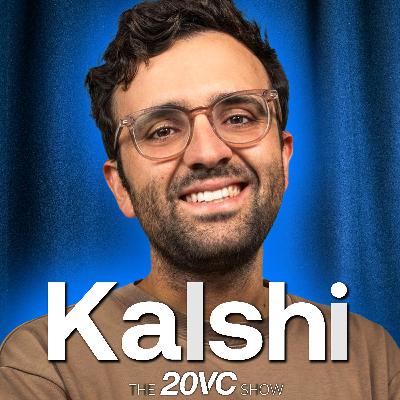
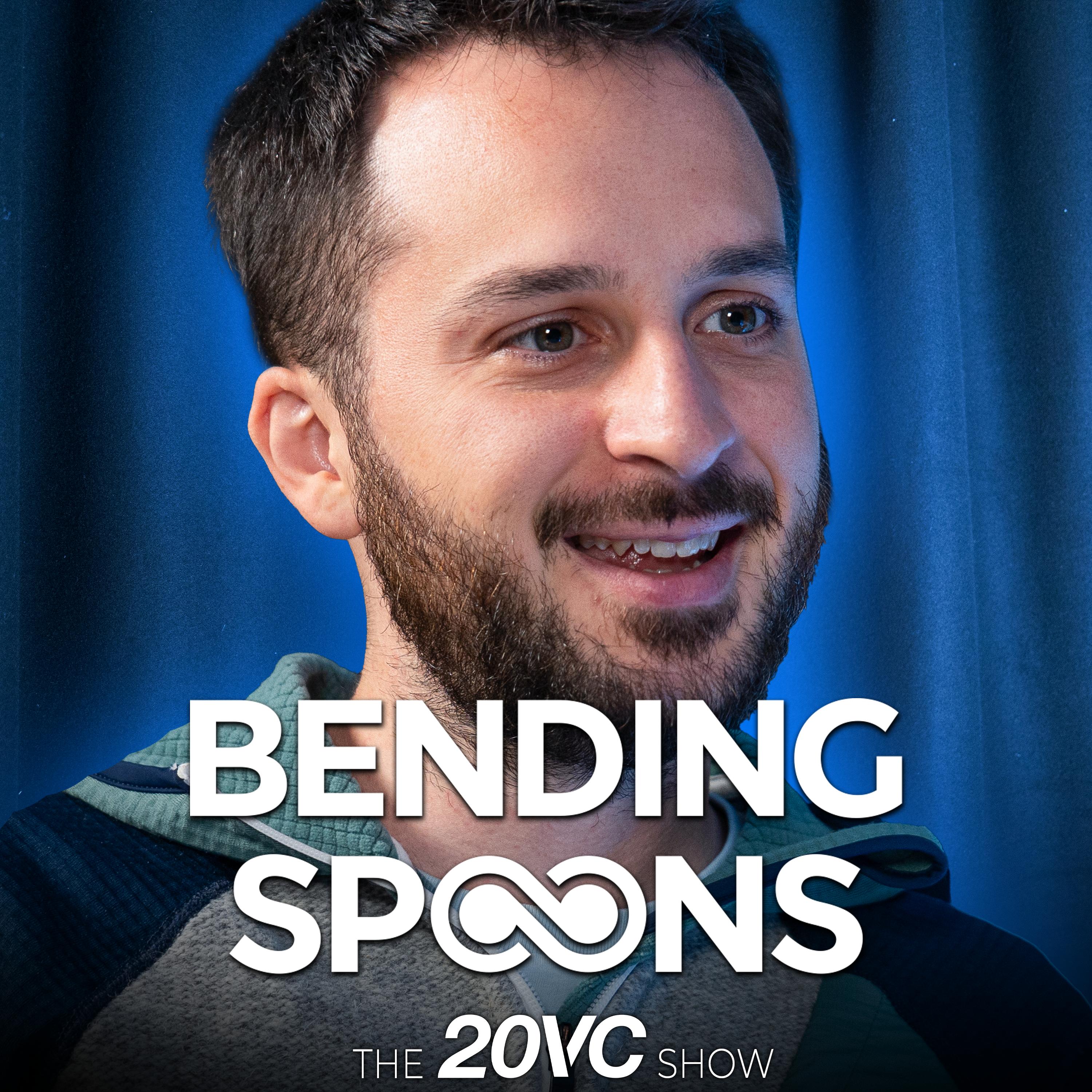
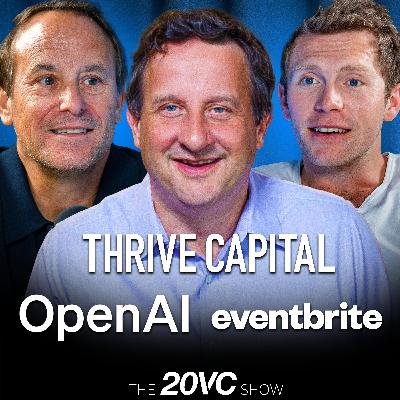
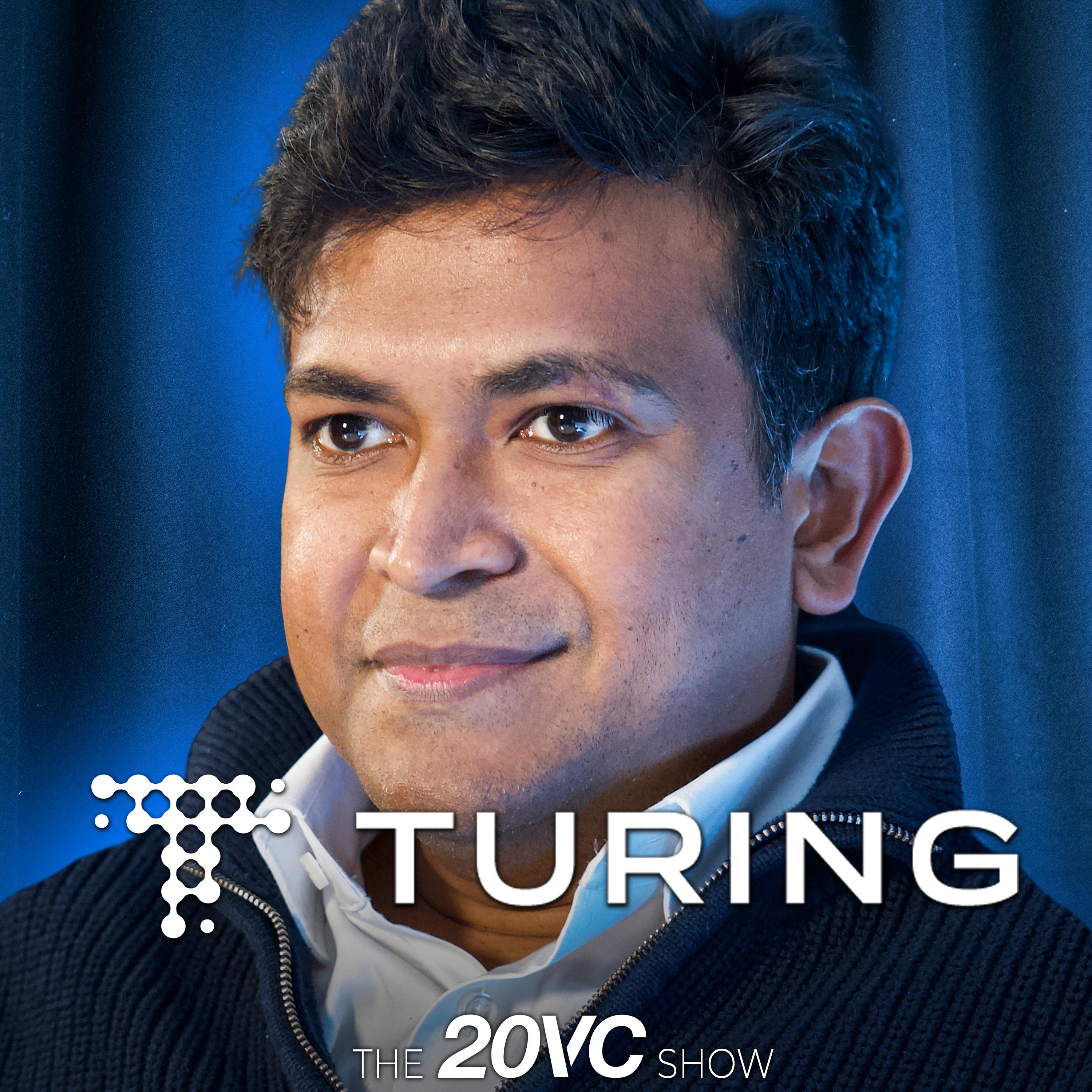
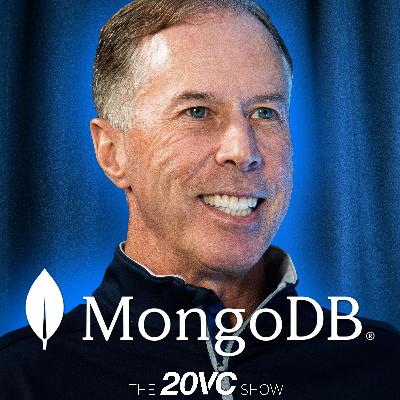
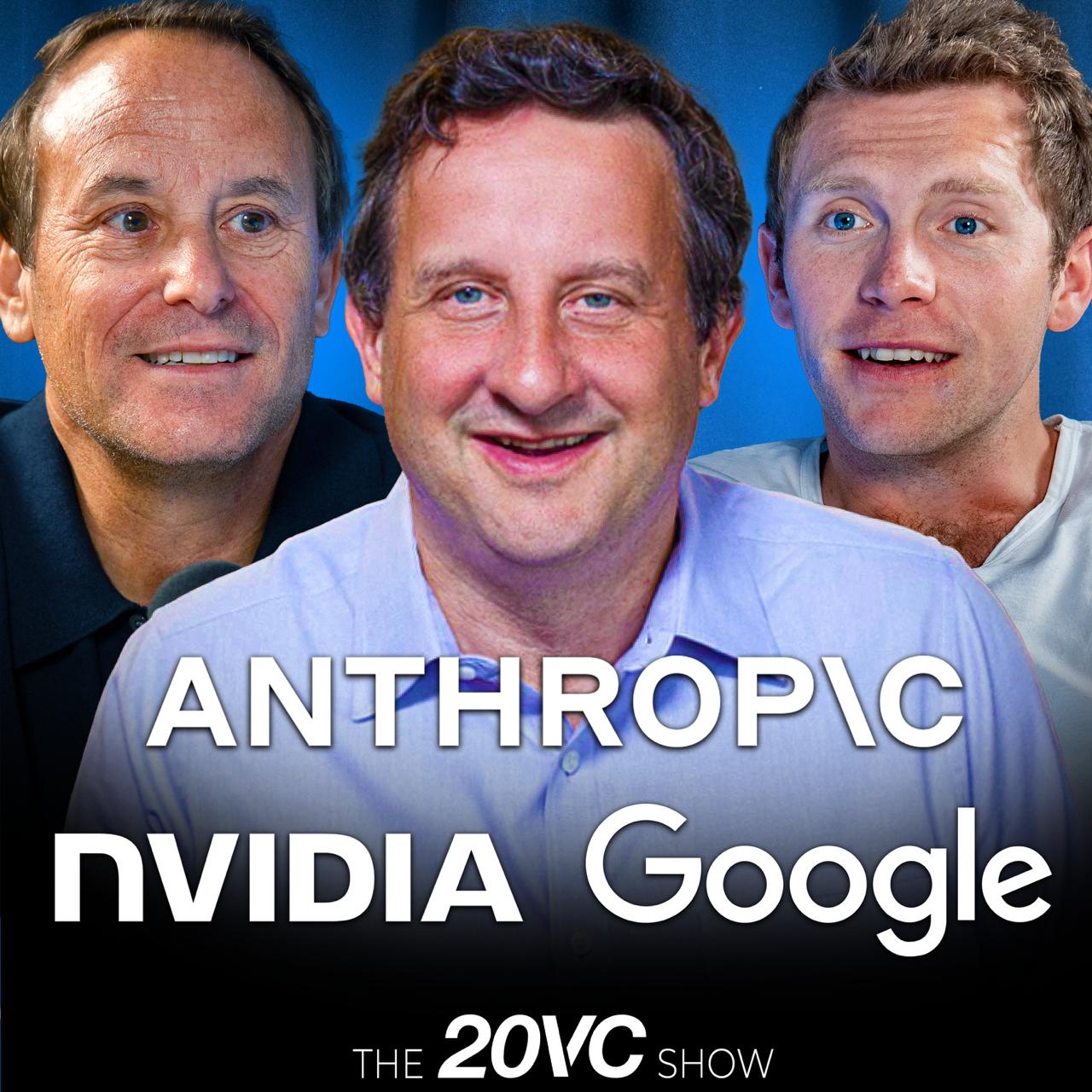
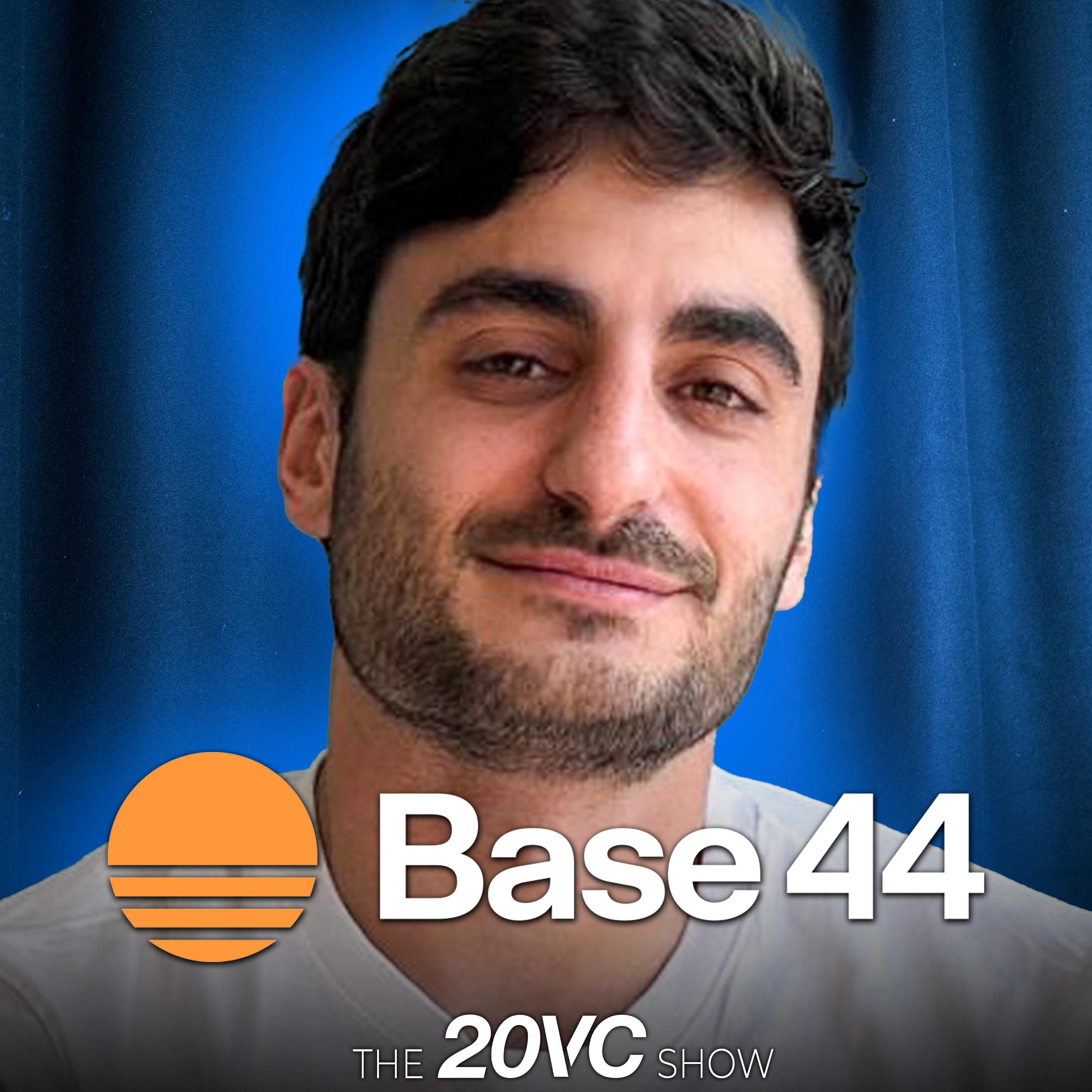
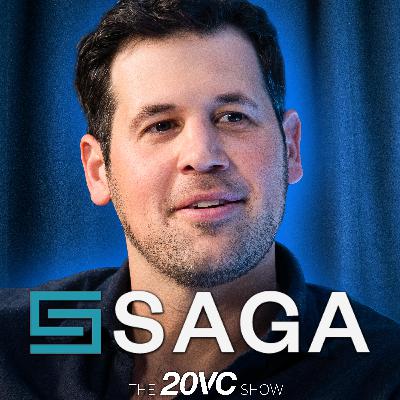
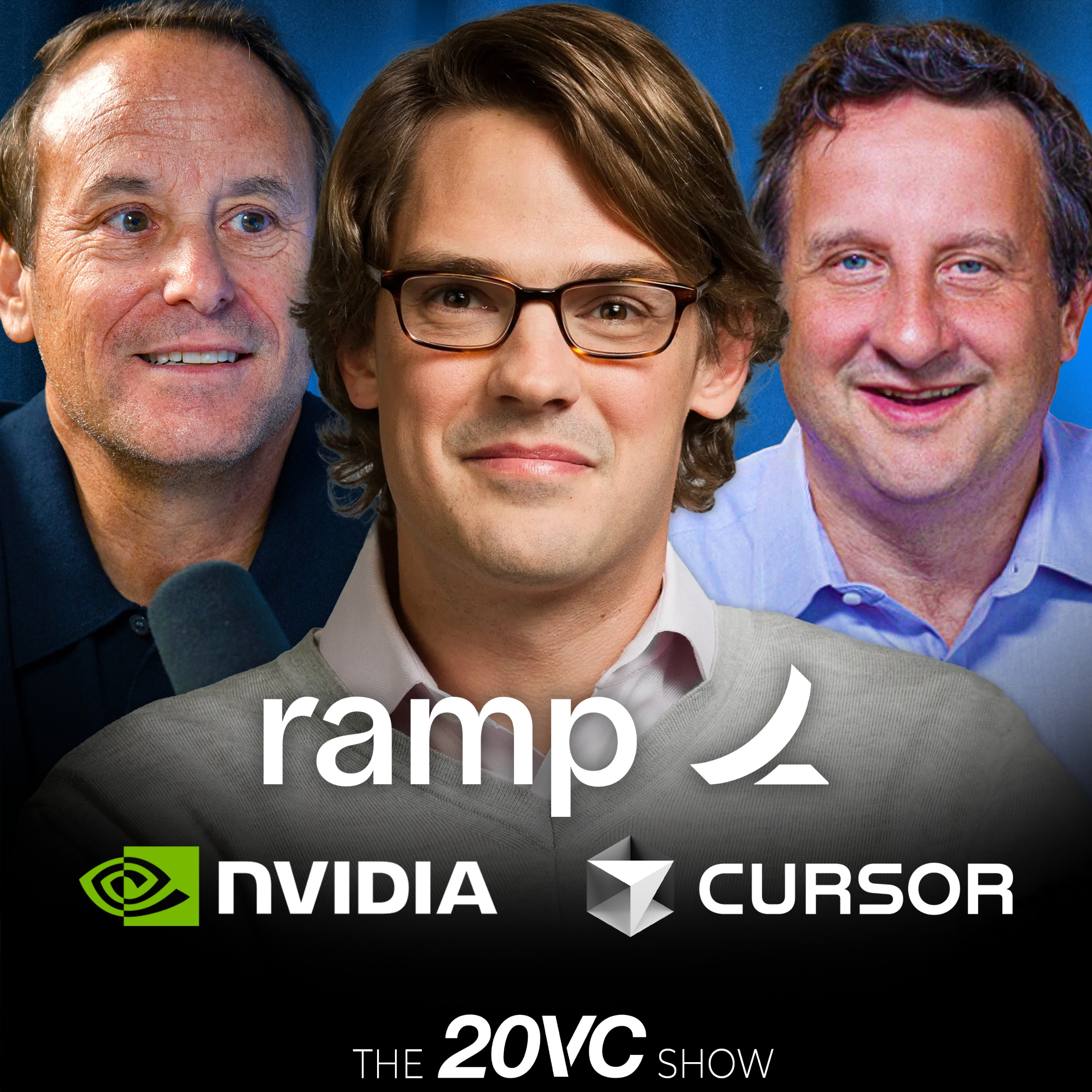
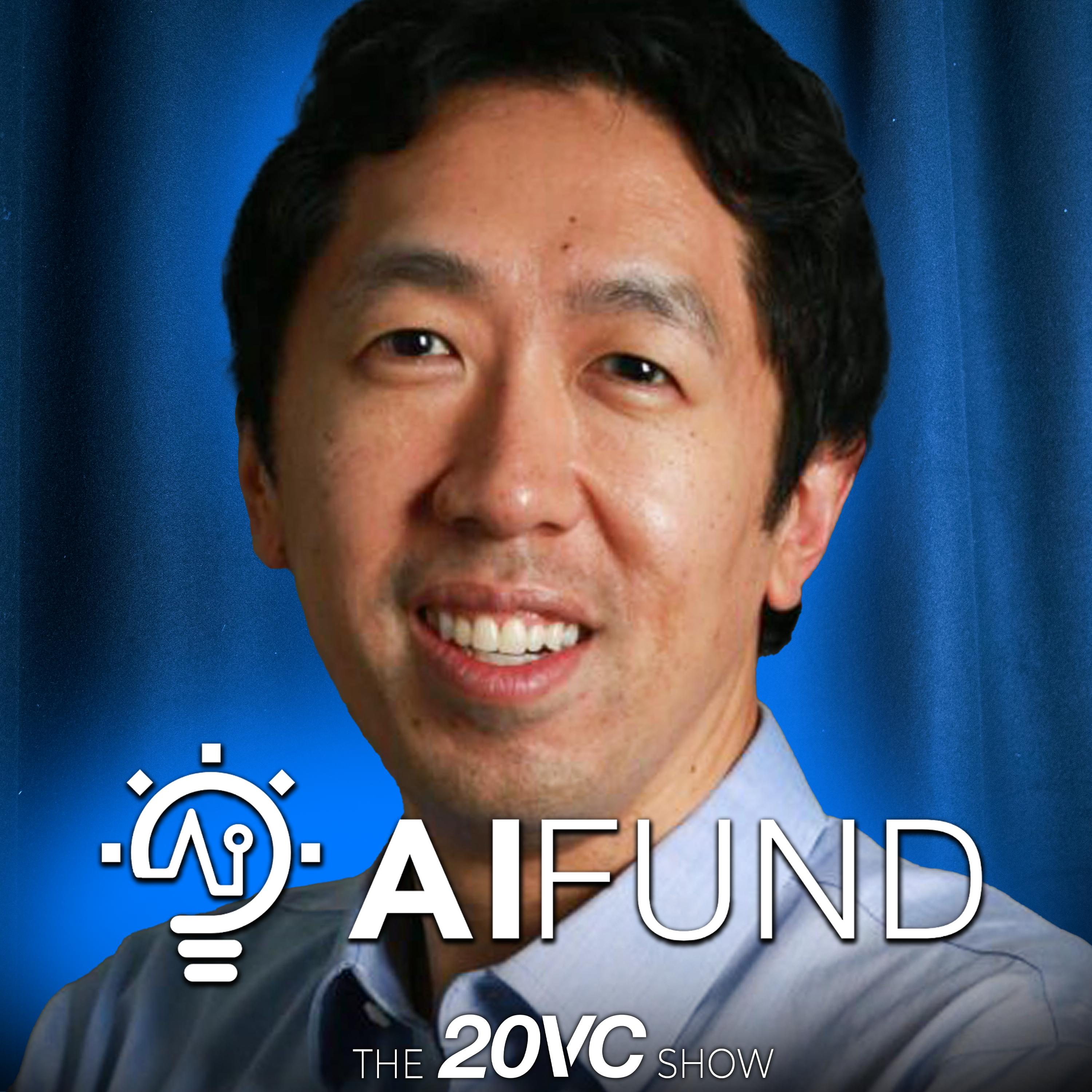
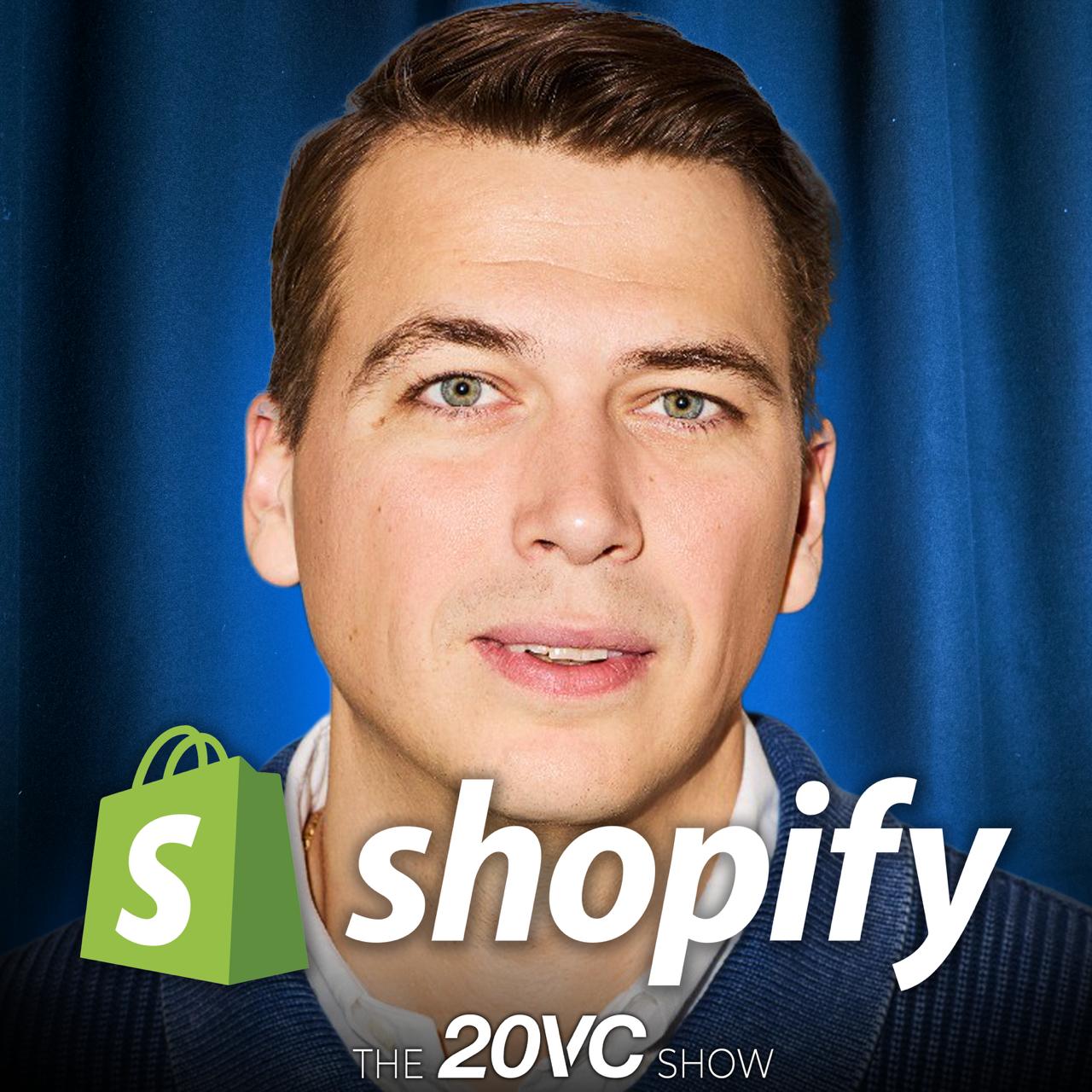
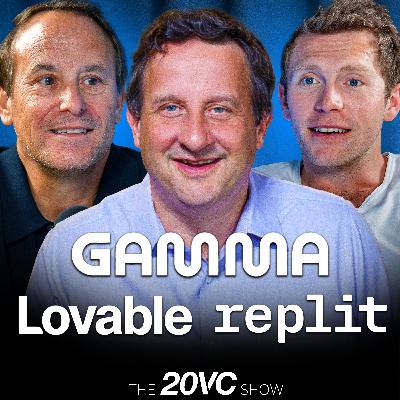
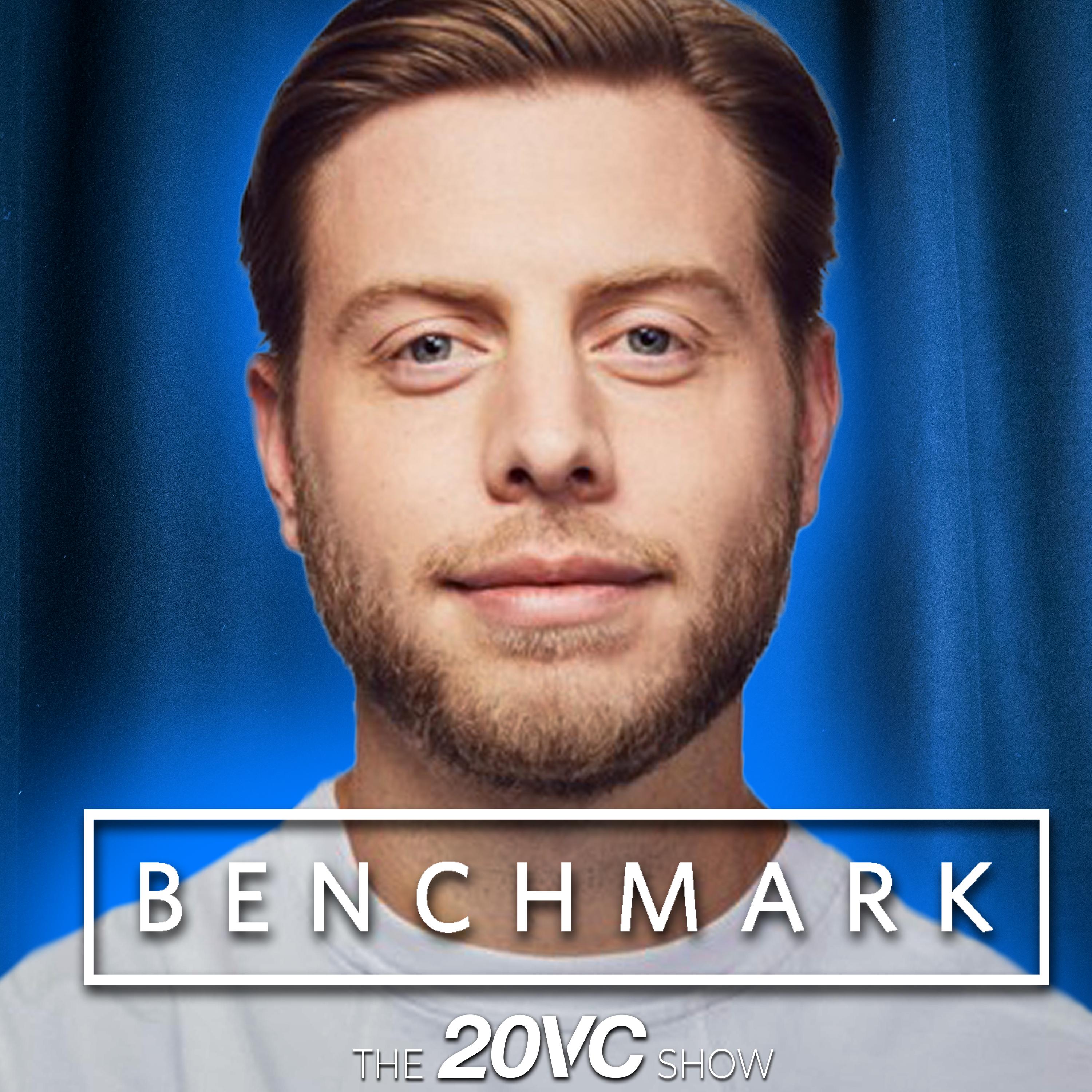
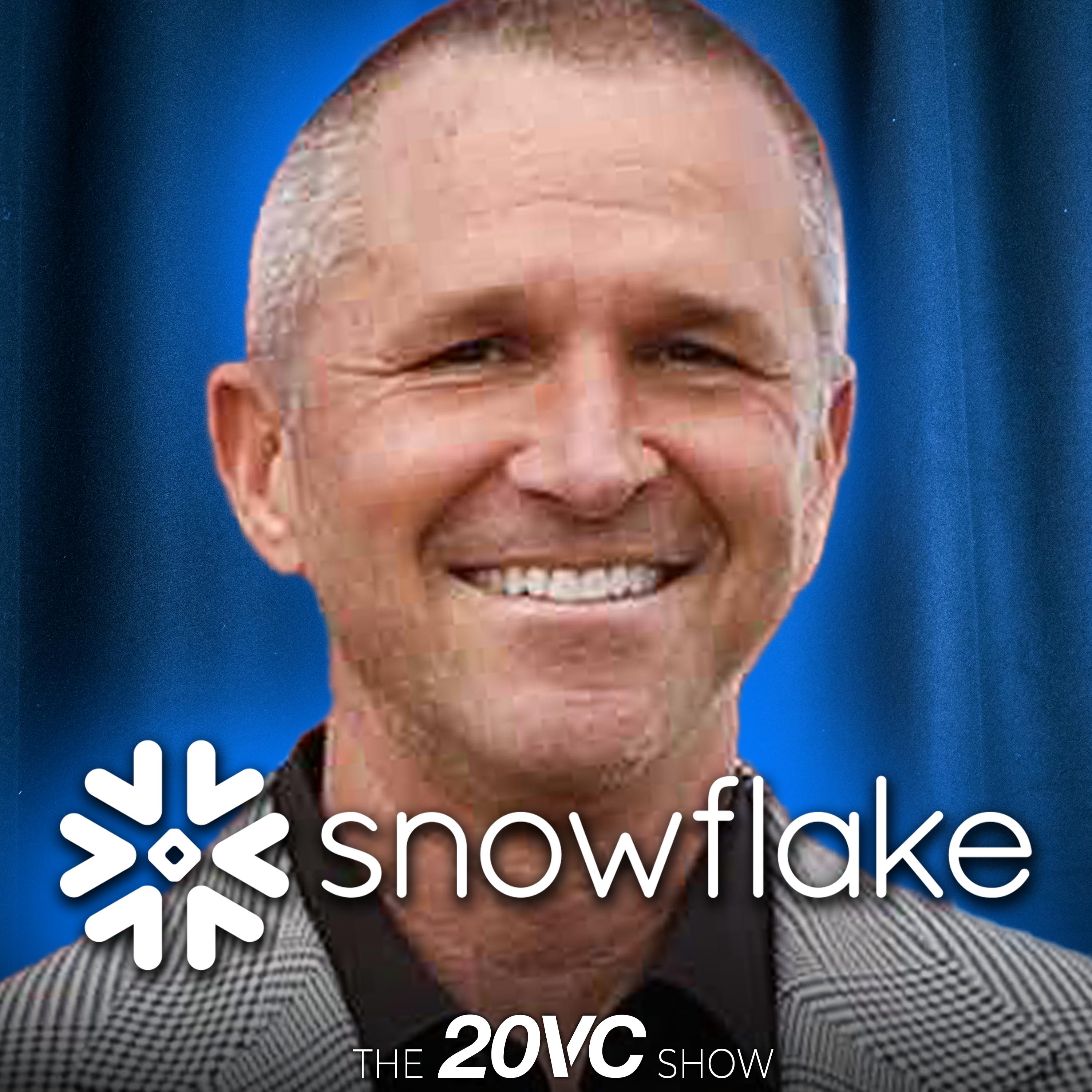
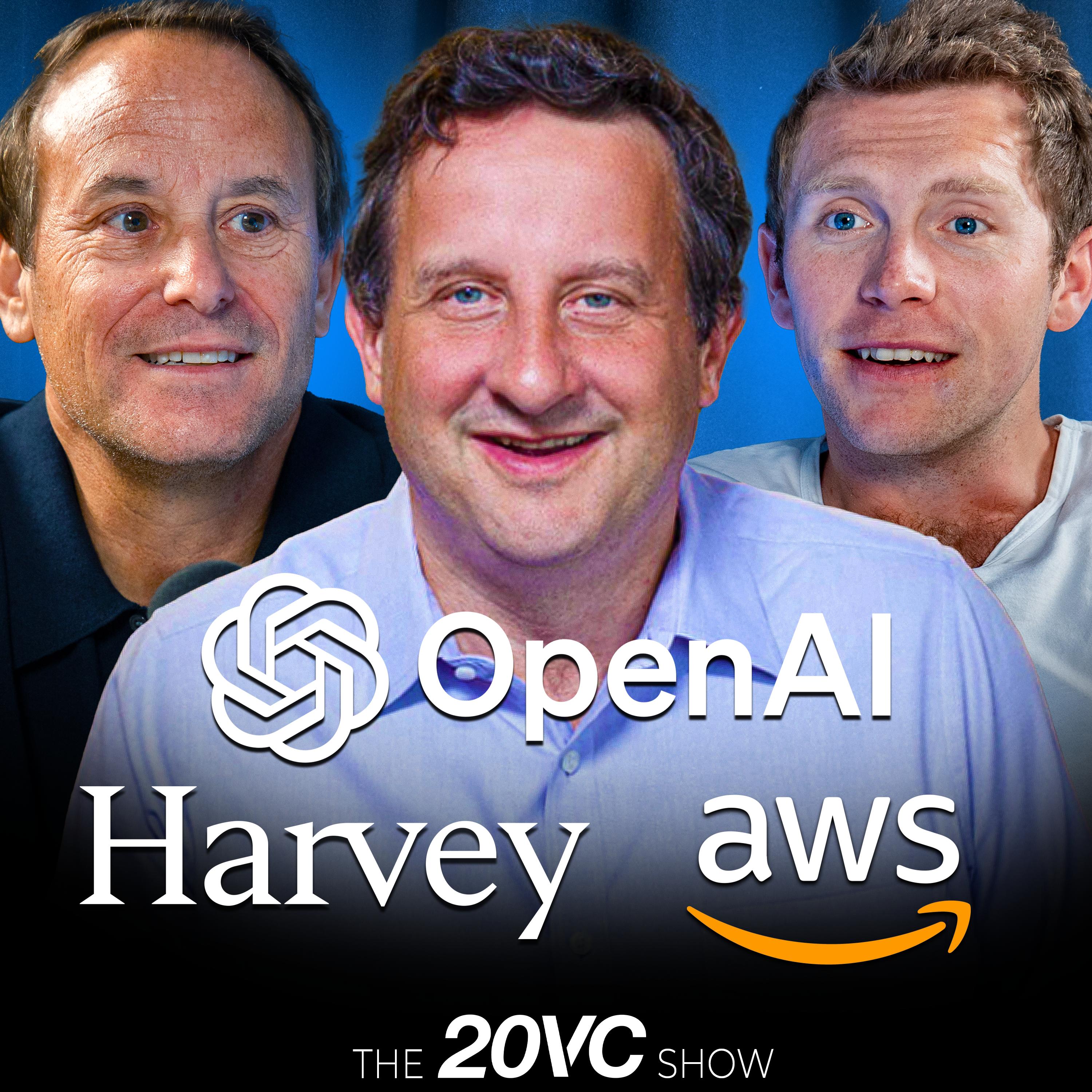








Timestamps!!
💚WATCH>>ᗪOᗯᑎᒪOᗩᗪ>>LINK>👉https://co.fastmovies.org
nice
A cool podcast where you can find a lot of useful information about venture capital. By the way, if you are also interested in this type of investment and do not know which fund to trust, then you need to pay attention to the reviews collected on this Revain review platform https://revain.org/categories/venture-capital-funds Here you can find all the latest reviews about venture funds from leading experts. And given the fact that these reviews are written on blockchain technology, you can be sure that they are tested and high quality.
Awesome listen
test 123
Wow! Seriously came through with the book recommendations 👌
Inspiring product vision! I'm giving Roam a try.
m. .... ....m ..
Amazing podcast. My personal favourite for commutes.